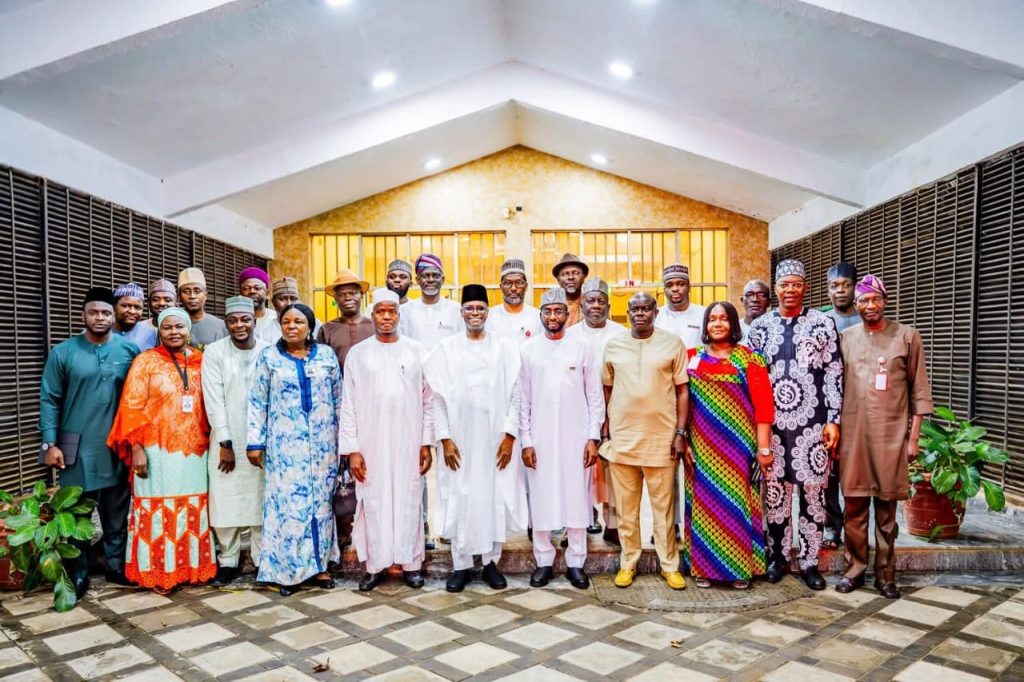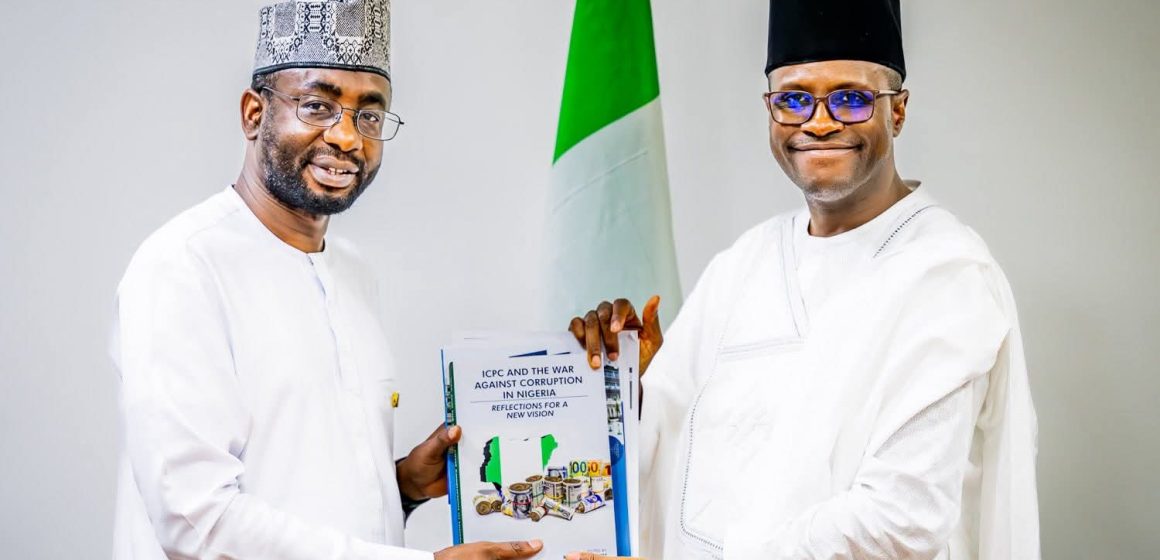
In order to address corruption risks related to government IT projects, improve enforcement of the IT Project Clearance mandate, and guarantee that technology becomes a tool for service delivery, the National Information Technology Development Agency (NITDA) and the Independent Corrupt Practices and Other Related Offences Commission (ICPC) have announced the formation of a Joint Task Force on Digital Governance and Anti-Corruption.
During a high-level courtesy call to the ICPC Chairman, the Director General of NITDA made the announcement at the ICPC Headquarters in Abuja. In support of President Bola Ahmed Tinubu’s Renewed Hope Agenda and his directive to create a $1 trillion economy driven by digital transformation, ease of doing business, and the removal of corruption as a growth-hinder, the visit demonstrates both agencies’ resolve to align their mandates.
Over the past two decades, billions of naira have been lost to either failed or abandoned government IT projects. Many Federal Public Institutions (FPIs) have procured technological solutions without proper clearance, leading to duplication of efforts, inflated costs, weak technical standards, and in many cases, total project failure.
A number of these projects, often worth billions of naira individually, have either failed to deliver value to citizens or were abandoned after partial implementation. Others have become avenues for corruption through contract splitting, use of unregistered contractors, and deliberate circumvention of due process.
This pattern has not only wasted scarce public resources but also eroded public trust in the government’s ability to digitize services, improve transparency, and reduce the cost of governance.
The NITDA IT Project Clearance process was designed to address these risks by ensuring that government IT projects are properly vetted, aligned with national standards, interoperable, and provide value for money. However, compliance has remained a challenge, with some FPIs and contractors attempting to bypass the process. This non-compliance has been identified by ICPC as a corruption risk that requires enforcement.
The Joint Task Force will function as an enforcement mechanism by fusing the investigative and prosecutorial capabilities of the ICPC with the technical oversight function of NITDA. Its mandate will include:
Enforcement of IT Clearance: Ensuring all FPIs obtain mandatory IT Project Clearance before embarking on technology projects, with ICPC providing enforcement where violations occur;
Monitoring and Sanctioning: Jointly monitoring IT projects and sanctioning defaulting FPIs, in accordance with extant regulations; and
Integration of Enforcement Tools: Embedding NITDA’s monitoring instruments into ICPC frameworks such as the System Study & Review, the Ethics & Integrity Scorecard, and other anti-corruption tools to institutionalize compliance.
The Director General of NITDA, Kashifu Inuwa Abdullahi, CCIE, stressed the importance of IT Project Clearance as a national safeguard, designed to track Government spending in IT, ensure synergy in national investments in IT and prevent development of projects in silos where significant resources can be shared by FPIs. That the IT clearance regulation is designed to ensure that IT projects are properly conceptualized and executed in line with global best practices, ensuring value-for-money investments, reducing duplication, and creating a unified digital government.
The ICPC Chairman, Dr. Musa Adamu Aliyu, SAN, welcomed the collaboration, noting that corruption in IT procurement undermines both public trust and economic progress. He underlined that the ICPC is prepared to support NITDA’s mission and hold public officials and contractors accountable by using its statutory authority.
Both leaders concurred that the Joint Task Force will act as an example of interagency cooperation, guaranteeing that the digital transformation of government is efficient, free from corruption, and in line with both international best practices and Nigeria’s development objectives.
An important first step in tackling systemic corruption risks in government IT projects is the creation of the Joint Task Force. In addition to supporting the President’s vision of a contemporary, open, and competitive economy, the initiative will guarantee that Nigeria’s digital transformation efforts provide genuine value to its citizens.



Leave a Reply